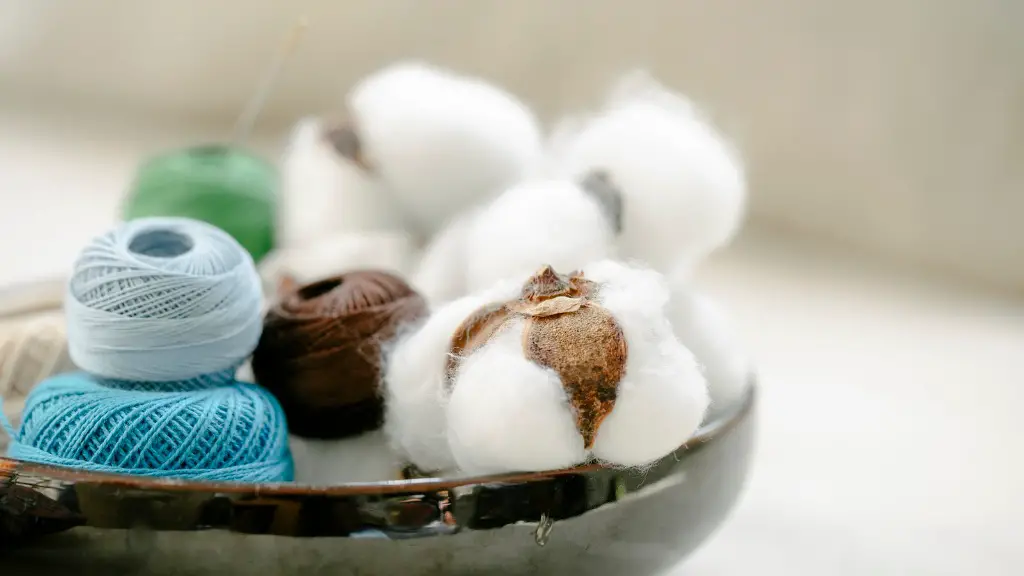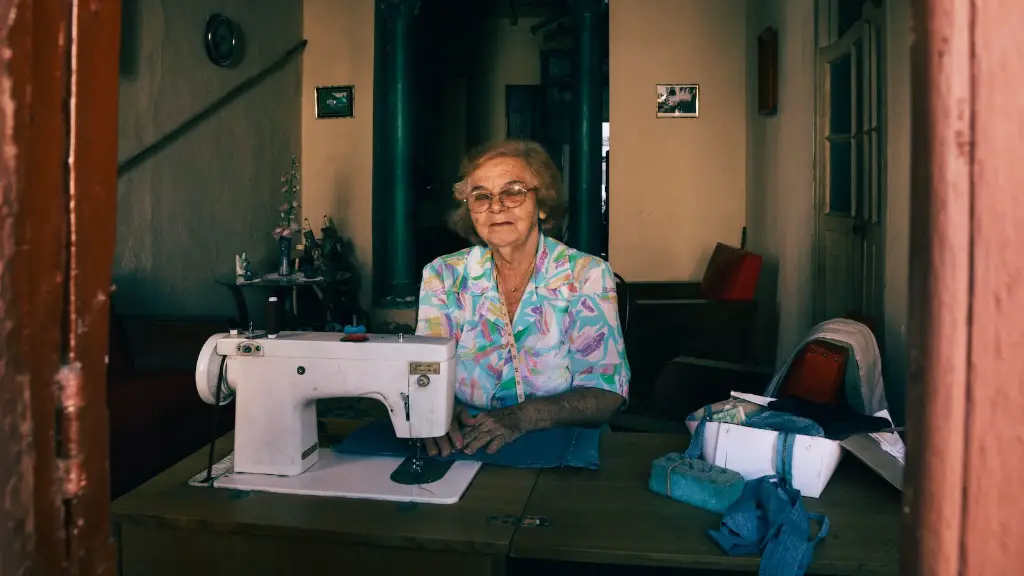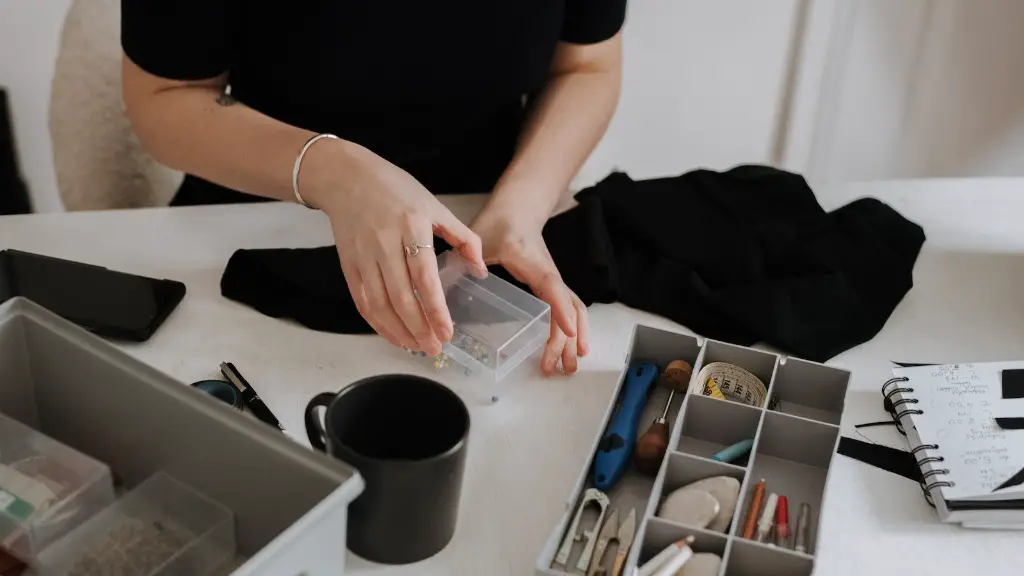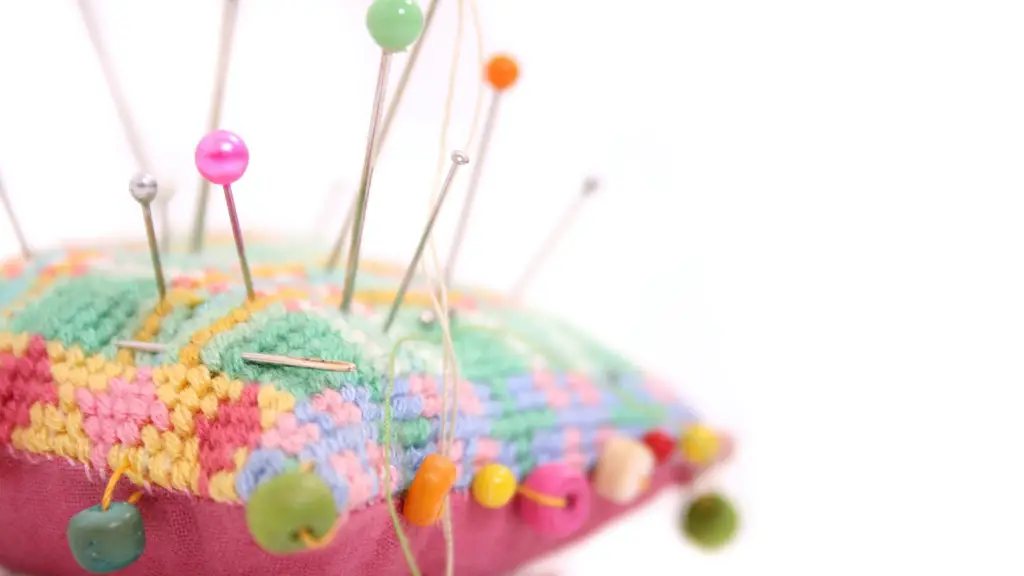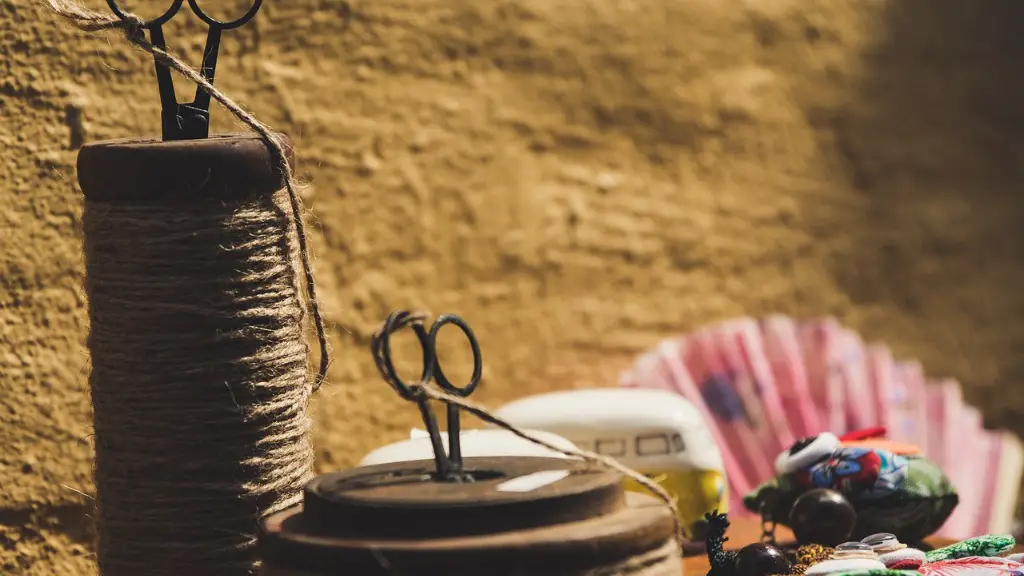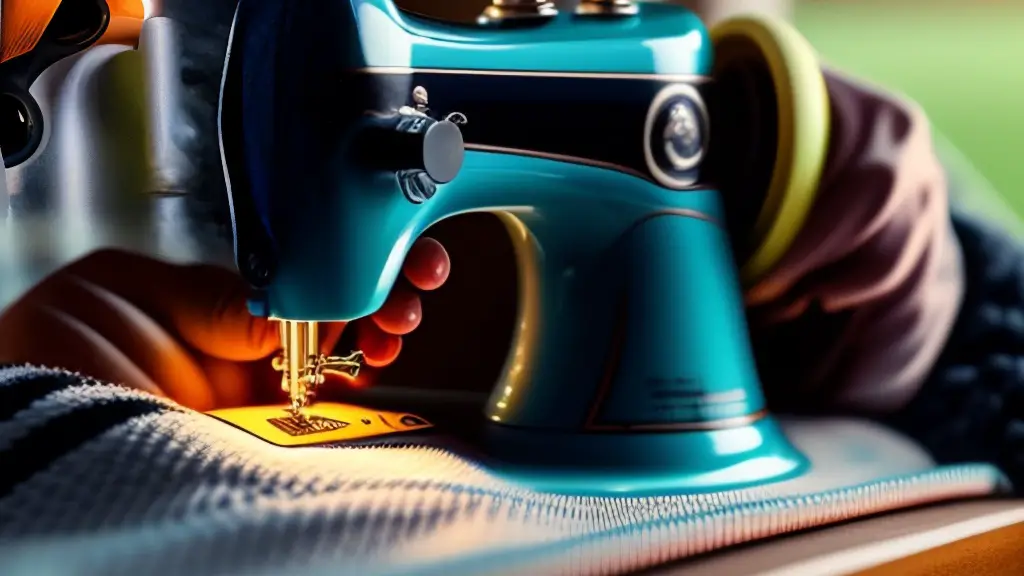Whether you are new to sewing or have been sewing for years, you may be wondering what kind of needle you should use in your sewing machine. There are many different types of sewing machine needles available, and choosing the right one can be confusing. In this article, we will discuss the different types of needles available and how to select the right one for your sewing machine.
No, you cannot use just any needle for a sewing machine. There are special needles available for purchase that are designed to be used with sewing machines. These needles will have the proper gauge and eye size to work with the machine, and using a different type of needle could damage the machine.
Does it matter what needle you use for sewing machine?
There are different types of sewing machine needles available, and each one is designed for a specific type of fabric. For example, there are needles made specifically for sewing through denim or other thick fabrics. There are also needles that are designed for use with delicate fabrics like silk.
When choosing a sewing machine needle, it’s important to consider the type of fabric you’ll be working with. If you’re not sure which type of needle to use, it’s always best to err on the side of caution and choose a needle that’s designed for a more delicate fabric. That way, you can avoid damaging your fabric or causing skipped stitches.
Once you’ve selected the right type of needle, it’s also important to choose the right size. The size of the needle you use will depend on the thickness of the fabric you’re working with. For example, if you’re sewing through multiple layers of fabric, you’ll need to use a larger needle than you would if you were only sewing through one layer of fabric.
Sewing machine needles are available in a variety of sizes and types. Be sure to select the right size and type of needle for your project to ensure professional looking results.
Most needle companies show both sizes on the package. A good rule of thumb to keep in mind is that the lighter the fabric, the smaller the needle size, and the heavier the fabric, the larger the needle size. Many times, the thread you will be using for your sewing project will also determine the type of needle you choose.
Are all sewing needles the same
All sewing machine needles have the same basic parts. The variation in needles is determined by the shape of the parts and the length of the parts.
A universal needle is a great choice for sewing most types of fabrics. It has a slightly rounded, sharp point that can easily pierce through fabric waves. However, it is not so sharp that it will damage knits.
What happens when you use the wrong size needle sewing machine?
If you use the wrong needle for your machine, fabric, or thread, you can damage your machine’s timing, your fabric, shred the thread, and destroy your bobbin hook. Always make sure to use the correct needle for your machine, fabric, and thread.
Bamboo or wooden needles are the best choice for beginners because the stitches won’t slide off of the needles as easily as they do with other materials. In addition, they’re also comfortable in your hands and won’t slip away like other materials such as plastic or aluminum needles.
Do all needles fit all machines?
This is great news if you are a keen sewer as it means that you can buy your needles in bulk and mix and match them to your machine, depending on the project you are working on. If you are new to sewing, then you will find that a variety of needle types and sizes will be very useful as you become more familiar with the different fabrics and materials you can work with.
It is recommended that you use a new needle every time you begin a new sewing project. The average lifespan of a sewing needle is between 6-10 hours, depending on the thickness of the fabric being used. This will help ensure that your project turns out the way you want it to, and that your needle doesn’t break in the middle of sewing.
How do you match a thread to a needle
A general rule is to use a needle whose eye is 40% larger than the diameter of the thread. If you use a 75/11 or 80/12 size needle for 50-weight thread, you should use a needle with a larger eye when sewing with a heavier thread. We recommend a size 90/14 when sewing with a 40 wt.
SINGER sewing machine needles are made to be universal, which means they can be used with a variety of different brands and models of sewing machines. These needles are designed to work with SINGER, Brother, Janome, and other quality brand sewing machines, so you can be sure you’re getting a great product no matter which machine you use.
Are sewing machine needles different than hand sewing needles?
The sizing numbers for hand sewing needles differ from machine needles in that the larger the number means the SMALLER the needle. This is because the size indicates the diameter of the needle. Machine needles are sized differently, so be sure to pay attention to this when shopping for needles.
Using the right size needle for your project is important for both the strength of the fabric and the quality of the stitching. An 80/12 or 90/14 needle will work well for most everyday sewing projects. Larger needles are stronger, so they will stitch through thicker fabrics or multiple layers without breaking or bending. Smaller needles stitch through delicate fabrics without creating holes or causing damage. Choose the right size needle for your project to get the best results.
Can you use any brand needle for SINGER sewing machine
SCHMETZ needles are compatible with all Singer sewing machines, but the most popular needles are Universal, Quilting, Microtex, & Embroidery. The Needle system 130/705 H has a flat shank that is compatible with all Singer sewing machines.
Needles come in all sorts of shapes and sizes, each designed for a specific purpose. The most common types of needles are universal, ballpoint, quilting, leather, denim, and topstitching needles.
Universal needles are the most versatile and can be used for a variety of fabrics. Ballpoint needles are designed to pass through fabric ends without piercing them, making them ideal for knit fabrics. Quilting needles are sharp and good for piecing together quilts. Leather needles are designed for working with heavier fabrics like denim. Topstitching needles are extra large and perfect for visible stitching. Stretch needles are specially designed for working with stretchy fabrics.
Does needle gauge size matter?
The gauge of a needle is important to consider when administering an injection. A high-gauge needle will cause less pain if a small amount of medication is required. However, if a larger amount of medication is required, a wide low-gauge needle will be more effective in delivering the injection.
If you are concerned about the risks associated with longer needles, consider using short needles instead. Short needles are less likely to cause bruising, bleeding or pain.
Final Words
No, you cannot use just any needle for a sewing machine. There are speciality needles for different fabric types and projects.
No, you cannot use any needle for a sewing machine. Each type of sewing machine requires a specific type of needle, and using the wrong type of needle can damage the machine.
